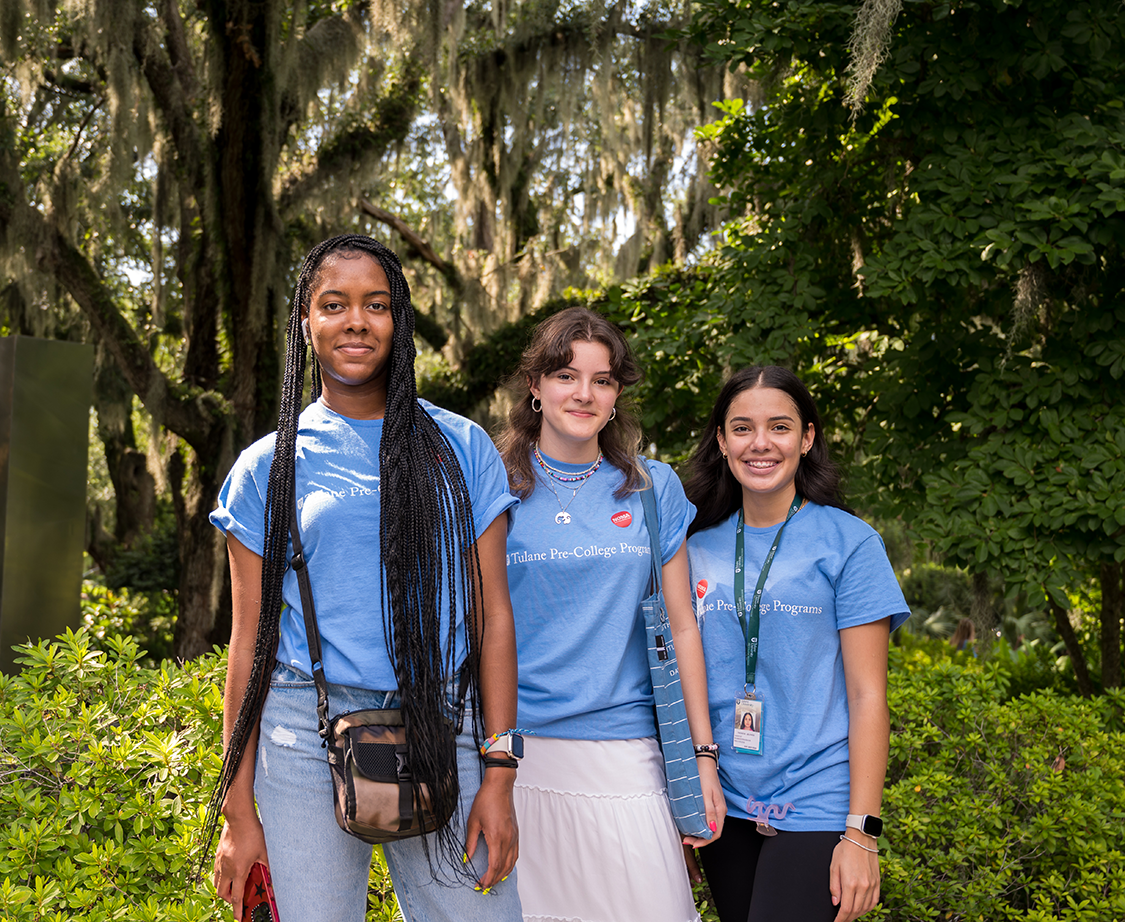Environmental Studies
Are you passionate about protecting the planet? Tulane Pre-College Programs offer high school students the opportunity to dive into real-world environmental challenges through an interdisciplinary approach that combines science, policy, and community action. Whether you're interested in designing sustainable buildings, advocating for environmental justice, or understanding the science driving global climate change, these courses will equip you with the knowledge and skills to effect change - apply today!

Engage, protect, and lead for a greener future.
This summer, don't just sit on the sidelines. Join us in New Orleans - one of the most unique and environmentally significant cities in the country - to learn, innovate, and make a difference. Through hands-on work, field experiences, and expert instruction, you’ll explore pressing ecological issues, develop critical problem-solving skills, and understand how different fields work together to create a more sustainable future. Browse our list of environmentally focused courses below.
Environmental Studies Courses

Discover What Summer Can Be!
Unlock your true potential and explore your passions at Tulane Pre-College.
